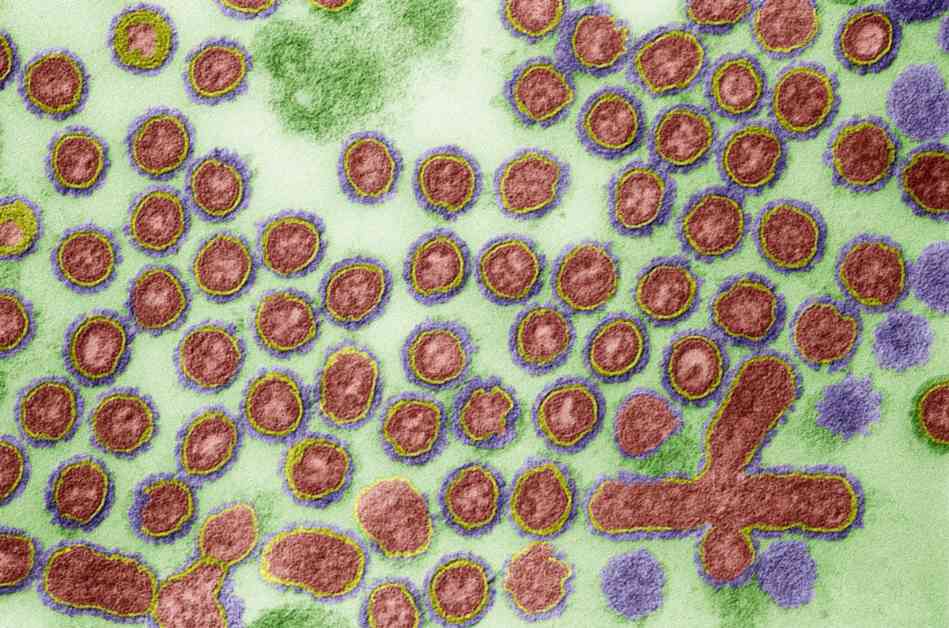H5N1 bird flu is becoming a concern as it transitions from animals to humans in unprecedented ways. It is spreading to new species and new locations, largely undetected. Currently, 36 human cases have been reported across six U.S. states, but not all states are actively testing for the virus due to flawed and limited testing capabilities.
Health officials are not overly worried about H5N1 at the moment because it is still rare in humans compared to its impact on animals. The symptoms are generally mild, and there is no evidence of human-to-human transmission yet. However, the potential for a severe and easily transmissible virus remains a significant concern.
The U.S. government is stockpiling H5N1 vaccines, but there are limitations to their effectiveness if the virus evolves into a pandemic strain. The slow nature of vaccine development and distribution was evident during the COVID-19 pandemic, highlighting the need for early preparation.
The current supply of H5N1 vaccines is limited, and the U.S. lacks a licensed mRNA vaccine for the flu, which could be quickly adapted to new strains. The reliance on outdated egg-based technology for vaccine production further complicates the readiness for a potential pandemic.
While vaccine makers like Moderna and Pfizer are working on H5N1 vaccines using mRNA technology, regulatory hurdles and testing processes still need to be completed. The development of a universal flu vaccine could provide broader protection against different strains and potentially streamline the vaccination process in the future.
The unpredictability of flu viruses, their ability to mutate rapidly, and the lack of public trust in vaccines pose significant challenges to pandemic preparedness. Political leaders’ reluctance to prioritize pandemic planning and promote vaccination efforts could have serious consequences during future outbreaks.
Ultimately, the need for a comprehensive strategy for vaccine development, distribution, and administration is crucial to effectively combat potential pandemics. Public health experts emphasize the importance of proactive measures to ensure readiness for any emerging infectious diseases that may threaten global health security.




